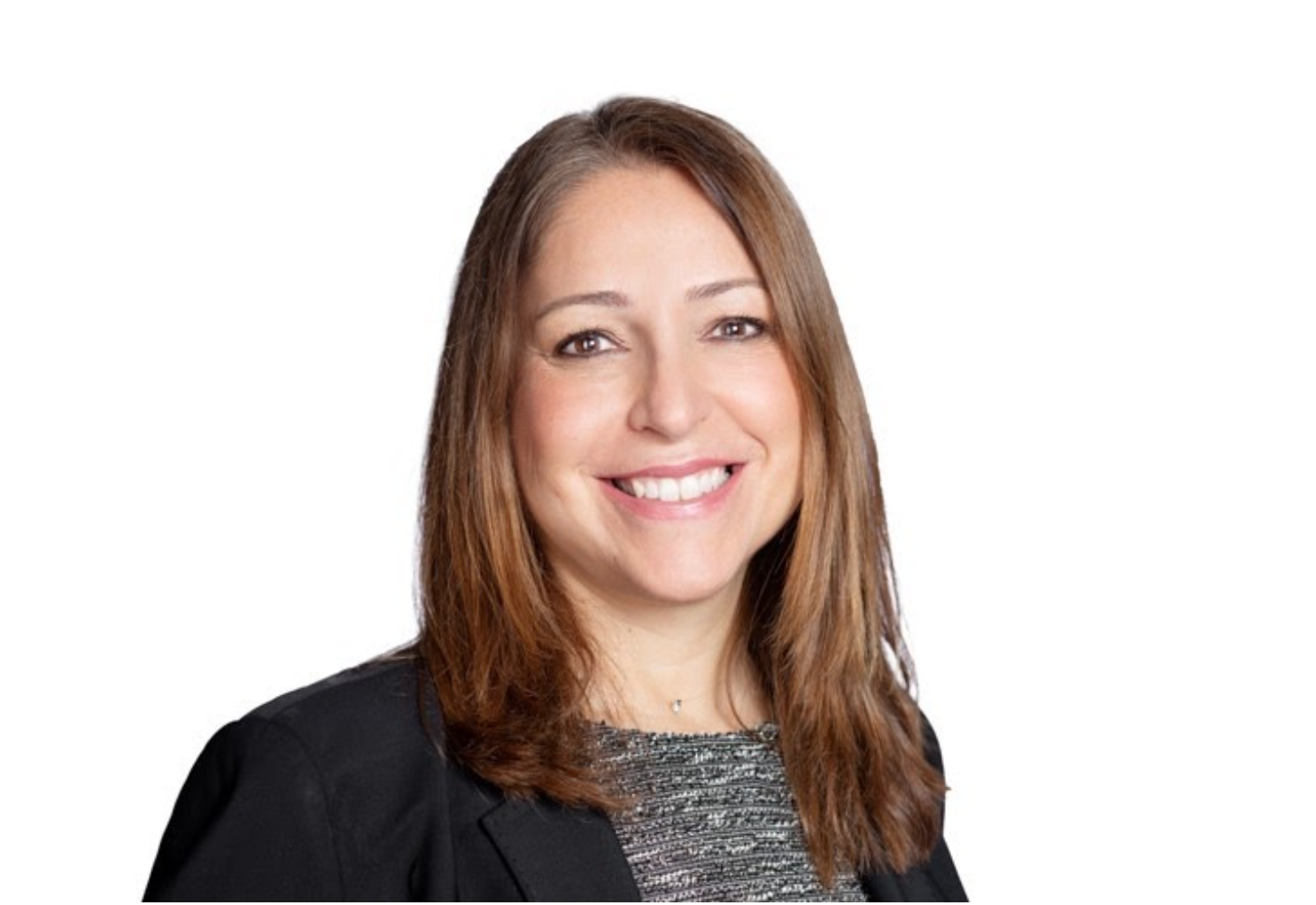Resilience is the operational core of State Street’s business. In this series, we talk with State Street Role Models about how they — and their teams — stay resilient, and how they prioritize their mental and physical well-being in times of uncertainty.
Thrive Global: As a leader in a demanding role, how do you recharge and stay resilient?
Marcia Rothschild: Whenever possible, I try to carve out “me time” to disconnect and focus on my other interests. Even a five-minute break can change your frame of mind and outlook. For my mental and physical health, I need to exercise on a daily basis. It could be going for a walk, meditating, or riding my bike. There was never a time when I thought to myself, “I regret doing this workout!” In fact, it’s quite the opposite: I feel great afterwards and prepared to tackle the challenges ahead of me.
TG: Share a quote that sheds light on your leadership philosophy.
MR: I think the best quote would be, “Progress, not perfection.” Leadership is about moving forward and executing. When we spend too long waiting for the perfect situation or the perfect moment to present itself, we could miss a great opportunity.
TG: Why do you think empathy has historically not been seen as a key leadership trait? What do you think needs to be done to change this misconception?
MR: Empathy has historically been seen as a weakness, as in, “You are not a ‘tough enough’ leader.” This couldn’t be more wrong. Empathy is a critical leadership trait and essential piece of the puzzle. Empathy helps eliminate biases, avoid preconceived opinions and better understand who you are working with. If you are an empathetic leader, you are constantly figuring out how to best unlock your team’s performance based on an understanding of who they are, their strengths and weaknesses, and how they can complement each other to execute and generate results.
TG: Who are your leadership role models, and what important lessons did they teach you about leading resilient teams?
MR: I feel lucky to work for managers with different personalities and leadership styles who have taught me a great deal about leading diverse, international teams. They’ve taught me to be inclusive, transparent, flexible, and welcoming. They’ve shown me how to give respectful feedback and inspire others about the future. In moments when I experienced self-doubt, my leadership role models helped me believe in my own abilities. By pushing me out of my comfort zone and forcing me to be comfortably uncomfortable, they’ve helped me become more resilient and able to adjust and adapt.
TG: What are some small tips that have helped you thrive in areas that are critical to our well-being, like unplugging, sleep, focus, fuel and connection?
MR:
On unplugging to recharge: I am always looking for tools that help me be more productive, but also recharge. I’m a fan of apps like Calm — I have finally learned how to meditate by using that app, and I also use it to help with sleep. I’ve learned that you can even meditate while walking and you don’t need a lot of time. It has been a game changer for me. I’ve also become a fan of restorative yoga.
On sleep: Sleep is key for a healthy lifestyle. The more I learn about the role of sleep in our lives, the more I try to make it a priority. I try to avoid electronics and unplug a couple of hours before bed, at least most of the time. I noticed that avoiding processed foods during the day helps me get better quality sleep at night, and gives me more energy during the day. I also highly recommend the book Why We Sleep by Matthew Walker. It’s an eye-opener!
On focus and prioritization: It’s easy to get overwhelmed with everything we have to do, especially when we feel we can’t control everything. I use project management apps to keep me disciplined and focused on my professional and personal to-dos, and I’ve also learned to prioritize what is within my control. Remember: It is OK not to have checked all the boxes on your to-do lists by the end of the day.
On fueling your body with nutrition and movement: Nutrition and movement are absolutely essential. I try to be aware of how I’m fueling my body, and think about whether what I am about to eat or drink positively or negatively impacts my overall health. It is not easy to do, but I try to follow this approach 80% of the time. I also use fitness apps such as Peloton Digital and Apple+ Fitness.
On connecting with others, yourself, or to a larger purpose: Eight years ago, I discovered triathlons. A friend of mine convinced me to try a sprint triathlon and I got hooked, not only because it was a great and fun experience, but also because of the community it brought me. I joined a local tri-club and made so many connections with people with similar interests, which has benefited me in so many ways. I was able to bring friends of mine to the sport — I have a goal of convincing at least one person a year to “try a tri” — and it has been so much fun to share this interest with them and see them accomplish goals they never thought they could. I love the slogan: “Anything is possible.” I also meditate and pray daily. I feel a tremendous sense of well-being, higher purpose, and inspiration.

